Biographies, They Provide a Way to Listen.
Hearing Vs. Listening
I am a habitual lover and consumer of biographies. Typically of long-dead people, politicians, movie stars, musicians, public figures. I’ve always been a nonfiction reader. Not that I don’t like fiction, I just love history and biography. It’s a format that is supposed to present facts and dates and names and outlines of a person’s life. Inevitably, there are biases that the writer puts into his or her work of the person, whether this is implicit or explicit is a topic for another time. But the writer has to choose what to put in or leave out so as to present the subject in full, rich, and dynamic detail.
The most well-written biographies have not only a history of the person but a detailed analysis of their behavior from multiple viewpoints besides that of the author’s. To use just one example, the biography of Frank Sinatra, in two volumes, by James Kaplan. Sinatra was not an easy person to know, his complexities have filled many people with annoyance, rage, humor, and wonder.
While this is not going to be a review of Kaplan’s book, I am using it as an exemplar of how people gave their own summations of Sinatra’s life and career and then how Kaplan wove it brilliantly into a multifaceted well-documented piece of work. The interviews presented were well-done, and showed the complexities of a man who had a very strong personality and was an entertainer for decades.
What does Reading Biography do for an Individual Aside from Educating and Entertaining?
It provides a way to Listen. I maintain that people hear things, but they often don’t listen to them. Authors of biographies that are too narrowly focused on a particular aspect of a person’s life, I think, are in the Hearing crowd.
In order to listen, they need to open their subject up more. Unless there is an explicit comment about what part of a person’s life is being discussed, I find myself annoyed at biographies that dwell too long on a particular aspect of the person without filling in more of their life story. For example, if a person struggles with addiction, and the biography goes into far too much depth and leaves out the reasons that this addiction is important, but goes on for pages, then I go into hearing mode. I go into cursory examination mode. Or I just stop reading altogether.
Going back to the Kaplan work, it is detailed. It is 62 hours long in audiobook format. I read my audiobooks at 2 or 2 and a half times speed, so that helps move things along. But I was struck by how Kaplan would take a single situation and analyze it using multiple viewpoints and leave the reader to draw some, but not all, conclusions. That’s the mark of a good biographer, to draw the reader in and give them enough information but not too much of the author’s own bias. It’s a delicate balance for sure. Kaplan does it very well, and then, instead of just hearing, I start listening. The pros must be crafted to make someone listen, even if they are literally reading the words as opposed to an audiobook. The discussion of reading vs. listening will be left for another post.
So what does all this mean for a biography snob?
It means that by reading the best biographies, I become a better listener and observer of details based on hearing multiple viewpoints. It is like weaving a tapestry of a person. In this society of echo chambers on social media, it’s so easy just to hear, and not really listen. Biography forces the author to pick and choose details and the more detailed and non-judgemental, the more I listen.
Do you want to listen more? My Stop Look and Listen Coaching program will help you do just that. Book a session with me now to learn more.

